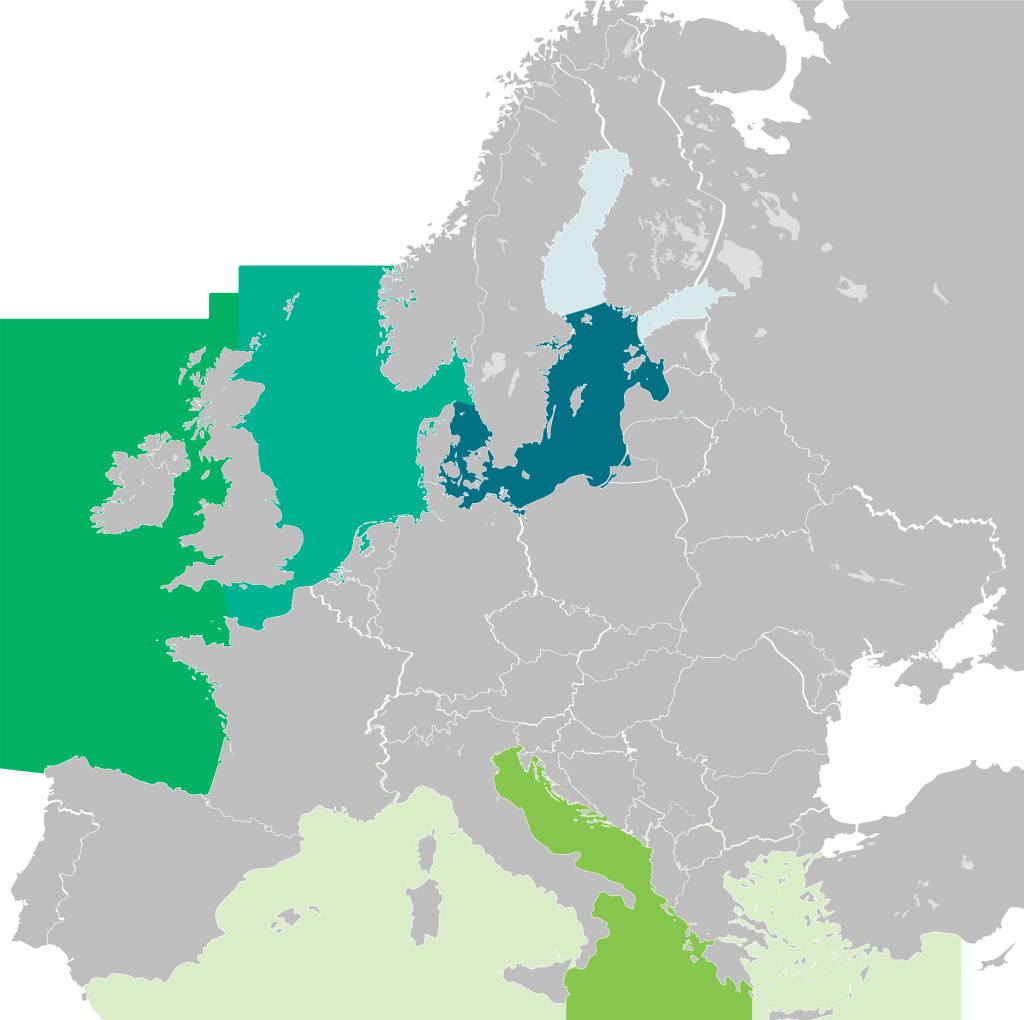

SEAwise is an international project paving the way for the implementation of Ecosystem Based Fisheries Management (EBFM) in Europe. Through a targeted programme of interdisciplinary research led by a collaborative network of partners, together with the input of key fisheries stakeholders, SEAwise will deliver a fully operational tool that will allow fishers, managers, and policy makers to easily apply EBFM structures in their own fisheries.
The programme will combine existing research with fresh approaches, and identify widely-accepted key EBFM priorities to assemble a new knowledge base and produce relevant, informed, and ready-for uptake advice. With the aim of enhancing the value of fisheries for the benefit of all stakeholders, the tools that SEAwise creates will facilitate collaborative management aimed at achieving long-term goals under environmental change and increasing competition for marine space.
FIND OUT MORE ABOUT SEAWISE
Ecosystem Based Fisheries Management (EBFM) is an approach to fisheries management that recognises the need to consider the social and economic benefits arising from fisheries (such as food provision, employment, and cultural heritage) as well as the impacts they have on the environment.
While the benefits of EBFM are widely recognised, a number of core challenges currently pose barriers to its effective uptake in fisheries across Europe. SEAwise seeks to identify and address these challenges.
SEAwise’s research is rooted in four regional case studies: the Mediterranean, Western Waters, the North Sea and the Baltic Sea, spanning small- and large-scale pelagic and demersal fisheries. This cross-cutting approach ensures optimal knowledge transfer between geographical regions, and ensures that the programme’s work will be relevant and applicable throughout Europe.

North Sea
This study will focus on the provision of integrated EBFM advice for a variety of pelagic and mixed demersal fisheries in this heavily used and rapidly warming area.
Baltic Sea
This study will identify relevant management strategies and evaluate their effects in light of a changing climate and variations in fish productivity.
Western Waters
This study, focused on small- and large-scale fisheries across a vast area, will review the effects of adapting fisheries management in response to ecological changes.
Mediterranean Sea
This study will identify key benefits and evaluate the impacts of fishing in this area of high biodiversity, to identify ways of balancing the interests of small- and large-scale fisheries.
FIND OUT MORE ABOUT OUR CASE STUDIES
Responsible for strategic research planning, progress monitoring, and refinements to the project to ensure timely delivery of high-quality results that are applicable to SEAwise’s stakeholders.
Responsible for establishing priorities and considerations to include in project analyses, providing end-user and sector-wide experience and insights, contributing to a truly collaborative approach.
Responsible for ensuring progress remains relevant, incorporates end-user needs, and conforms to high-quality science through the provision of independent advice and feedback.
FIND OUT MORE ABOUT THE SEAWISE NETWORK. GET INVOLVED!
Ensuring the knowledge developed over the course of SEAwise is shared dynamically and transparently with key stakeholders throughout the project, creating space for their feedback and collaborative input.
Identifying the socio-economic benefits of fisheries, and the effects that management measures may have upon them.
Developing predictive models for evaluating the productivity of commercial stocks, based on an understanding of the impacts that environmental and ecological changes may have upon them.
Predicting the effects of fishing on species and habitats not intentionally targeted by commercial fisheries.
Identifying the knock-on effect - both on fish stocks and the fisheries that target them - of management measures that inform the geographical distribution of fishing effort.
Evaluating identified management measures and strategies in order to develop a holistic understanding of their impacts, and supporting the creation of evidence-based recommendations.
FIND OUT MORE ABOUT OUR WORK THEMES

Stay up to date with SEAwise news and research, hear about upcoming events, and receive updates on fisheries news from across the European seascape.